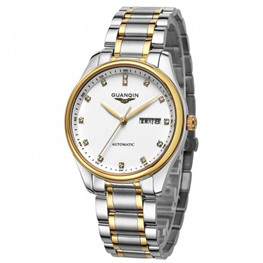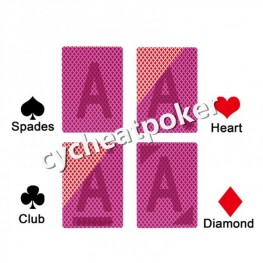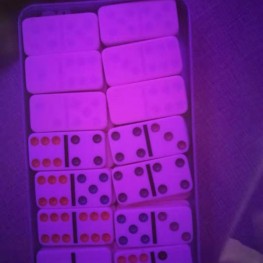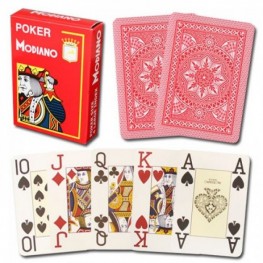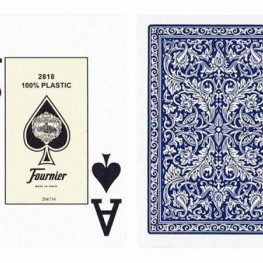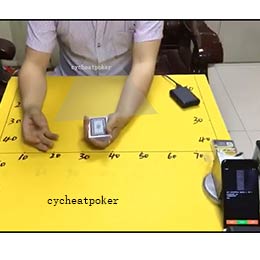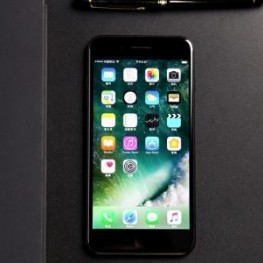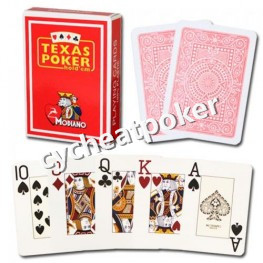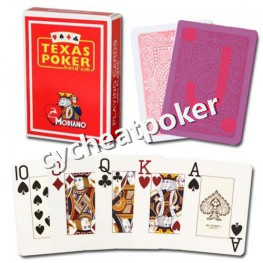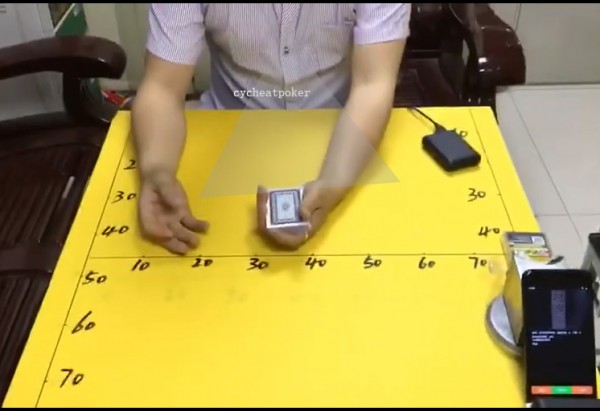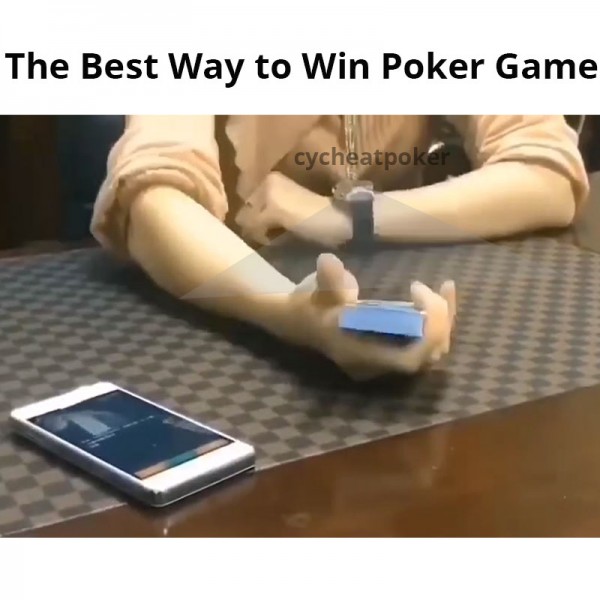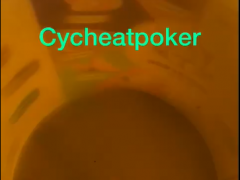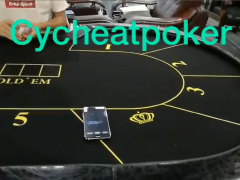चार विश्व चैंपियन ने आपसे कहा: इन मामलों में, केवल फोन न करें।
For a while I played quite passive and always called. I just want to quietly hit the showdown. Then I found a coach. He taught me to play more radically. So I always Make a lot of trouble. The result was a mess. I remember the coach told me that although I Disorderly play, it became a nightmare for the opponent.
Now I understand that the "one size fits all" mentality is terrible, because each hand contains a variety of different variables, you have to analysis very meticulous and then make decisions based on the situation of each hand.
So, in the real battle, are you raising or calling? I do not know. But a few people know that here are the answers for these guys.
Pascal Lefrancois believes that he can call without a raise
I played a spot this week at $10-$20 NL where I think my opponent made a mistake raising all-in on the turn when he should have called -- at least most of the time (if not 100% of the time).
The villain raises the button to $45; I 3-bet Q♠ 8♠ to $175 in the small blind, the big blind folds and the button calls. Flop: [As] [9s] [2x]
I bet 1/3 pot and the villain calls. Turn: [8x]
I bet $440 into $620 and the villain jams for about $1,100 more; I call. Villain is holding K♠ T♠.
Clearly, this is a spot where you want to jam occasionally if you're the villain, and your jamming range should naturally contain a couple of bluffs.
But [Ks] [Ts] flush draw is a pretty bad one to jam here and instead is a very profitable call on the turn.
1. I don't like jamming this spot with [Ks] [Ts] because this hand does extremely well against my bluffs (lower flush draws, straight draws, gutter with a spade, etc.) that you want to keep in my range.
2. Some of the villain's bluffs have less showdown value. Even if [Ks] [Ts] high does not win very often at showdown it has more showdown value than certain bluffs that have more equity vs. my bet-calling range on the turn.
Some hands like 45, 56, 67 of spades, 7-10 of spades and J10 of spades are way better hands to jam on my bet for those reasons. Finally, I like calling here instead of raising because your odds combined to your implied odds make it a very profitable call.
Jonathan Little
Jonathan Little has written 16 poker books, is a coach, and is a member of the GPL Las Vegas Money Tree team and WPT champion.
One of the main situations where calling is better than re-raising is when you have a hand that is likely ahead of your opponent's range at the moment but will no longer be ahead if any significant money goes into the pot.
For example, if someone raises from first position at a nine-handed table and everyone folds around to you in middle position with T-T or A-Qs, you should almost always call, assuming the stacks are relatively deep.
Even though T-T and A-Qs may be ahead of your opponent at the moment, if you re-raise and your opponent either calls or 4-bets, you will usually be against a range that has you beat.
To clarify this point: suppose your opponent raises from first position with A-A – 6-6, A-K – A-J, A-Ts, K-Q, K-Js, and a few strong suited connectors. Against that range, A-Q and T-T have roughly 52% equity.
If your opponent calls or 4-bets your re-raise with A-A – T-T and A-K and A-Q, you have approximately 40% equity. So, would you rather play a small pot with 52% equity or either steal a tiny pot pre-flop or play a large pot with 40% equity?
Especially in tournaments, where it is important to minimize the chance you go broke, calling in this situation is almost always superior -- perhaps even with hands as strong as Q-Q and A-K.
Do not fall into the habit of blindly re-raising with hands that are typically thought of as strong. Always reflect on how the hand will likely play out and take a line that leads to beneficial spots for you.
Bertrand ‘ElkY’ Grospellier
There are only five players in the world with WSOP, WPT and EPT titles, and Elky is one of them. Elky's live tournament prizes exceeded $10.9 million. Some time ago, he also won the first professional Hearthstone Legends Championship and won a prize of $1,000.
No, I am not missing a zero. Over to you ElkY
It's always a difficult topic to weight the advantages of calling over raising in a specific spot, just because in poker individual spots are relative to the playing style and history of the player you are facing. And, of course, yourself.
For example, raising the turn with the nuts might be good if you're a very aggressive player who is semi-bluffing a lot. But if you are only raising the nuts, then calling is obviously better.
So keeping your ranges somewhat balanced is an important concept, although it is a little less important in tournaments.
That being said, I think a very common mistake is for people to raise just because they think they have the best hand, without even considering the opponent’s calling range.
For example, let's say you make a standard raise in late position with A♠ J♣ and the big blind defends. Flop comes down T96cc.
He check/calls your c-bet, you decide to check back the [Tc] turn and the river comes down the [7c]. Now your opponent bets out.
While there is no doubt you crush his betting range here, because he could have any cx, possibly ten and straight for value, and bluffs, it is a spot where it's so unlikely for you to bluff that could he possibly call you with Kc or Qc?
Probably not often enough for it to be worth it for you, compared to the times where he has a full house or better.
Jeff Kimber
Jeff Kimber is a sponsor of Grosvenor and was the champion of the Grosvenor UK Poker Tour (GUKPT) Main Event. His live tournament prizes are over $1.6 million and he is one of the most respected players in the UK live tournament circle.
Every poker player can be heard categorizing opponents when discussing hands and tables, yet so few seem aware of their image.
It's hugely important to be aware of your image, how you've played previous hands, how active you've been, what holdings you've shown down and how you played them -- especially in earlier hands against the current opponent.
So when we're discussing good spots where calling is better than raising you have to make sure it fits with the way you've played, or the image you've portrayed.
If you're sticky from the blinds, then calling when hitting a monster hand - particularly flopping a set - makes perfect sense for deception, especially against opponents you expect to keep barrelling.
Your flop-raising range is going to be very narrowly polarized between monsters and bluffs, so unless there's an excellent reason to expose the strength of your hand while the pot is small, calling makes perfect sense.
Of course circumstances need to be right - you need to be against an opponent who barrels multi streets, who has seen you call flop bets and fold later in the hand or showdown weak holdings. And stacks need to be deep enough that you need to play deceptively
Do you agree with these champions? If you don't agree, what are your reasons?







